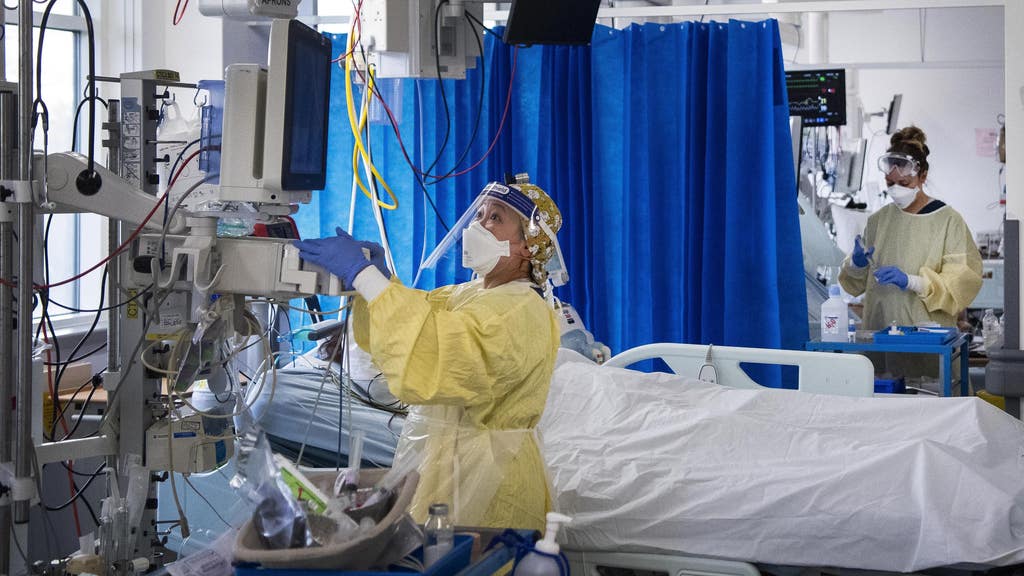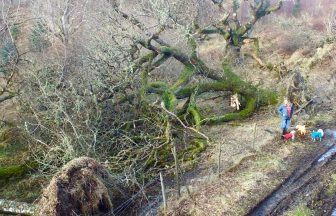A charity has thanked intensive care patients and NHS staff for their involvement in providing 12,000 “invaluable” samples for genetic research into sepsis and Covid-19.
The study at Edinburgh University’s Roslin Institute into the genetics of susceptibility and mortality in critical care (GenOMICC) researches how our genes can influence the body’s response to certain conditions.
The charity, Sepsis Research FEAT, which has helped fund the research for three years, said DNA samples collected from patients in intensive care units offered early data to scientists searching for treatments for Covid-19.
The GenOMICC team identified five genes which, when faulty, lead the body’s immune response to go into overdrive, putting patients at risk of damaging lung inflammation, potential systemic organ failure and ultimately death.
When the coronavirus pandemic struck, the GenOMICC study had already been gathering DNA samples from sepsis patients in intensive care units throughout the UK.
Because there are similarities between sepsis and Covid-19, the work being carried out at the Roslin Institute was repurposed to help in the fight against the pandemic, and working with Oxford University and Genomics England facilitated a rise in the number of gene samples available to the institute.
On the anniversary of the first UK lockdown in March this year, the numbers of DNA samples collected from patients stood at 12,000 – around 11,000 higher than the same time the previous year.
Colin Graham, chief operating officer at Sepsis Research FEAT, said: “On behalf of everyone at Sepsis Research FEAT, I would like to offer my immense thanks to NHS staff, patients and their families for helping this important research through the DNA samples gathered.
“Not only have these samples provided crucial data that has helped scientists in the fight against Covid, they will also play an important part in the fight against sepsis.
“Sepsis is a life-threatening illness and kills around 50,000 people in the UK every year. More people die from sepsis than the combined figure for breast cancer and bowel cancer.
“The GenOMICC study at Roslin Institute has been working to identify better ways to treat the illness and the DNA samples from NHS patients are invaluable to this research.”
Professor Sir Mark Caulfield, chief scientist at Genomics England, also thanked those involved in providing samples.
He said: “One of the biggest puzzles about Covid-19 is why some patients experience a mild infection, others require intensive care and why for some it is fatal. Understanding why this is will help us treat people more effectively and protect the most vulnerable.
“As a result of the GenOMICC Covid-19 study, we are much closer to solving that puzzle. We have also been able to identify potential treatments for Covid after the discovery of five genes associated with the most severe form of the disease.
“The progress we’ve made to date has been down to the thousands of people who had to go to intensive care with Covid-19 and agreed to donate their DNA and health records, as well as their families and hundreds of NHS staff.”
Dr Kenneth Baillie, who leads the team at the Roslin Institute, said: “Our ability to deliver world-leading research during the pandemic is a direct consequence of the funding support for GenOMICC from Sepsis Research FEAT, along with the help of NHS staff and patients in collecting samples.”
Follow STV News on WhatsApp
Scan the QR code on your mobile device for all the latest news from around the country


 PA Media
PA Media

























